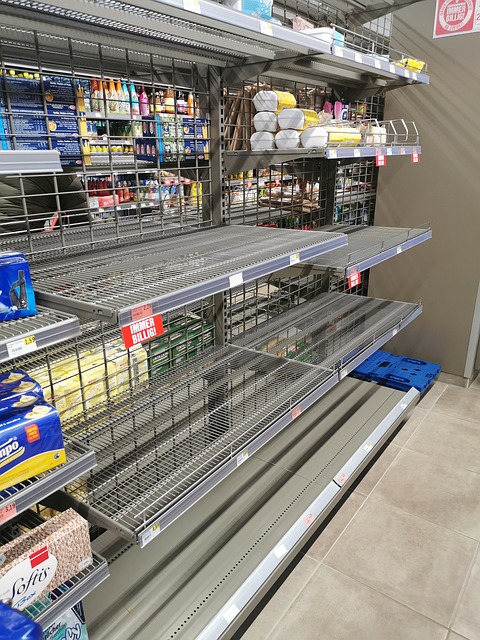< w/ ( > 14 (5」/ (> but do > 1 + (w/ng」/ <, < in?/∨ (Mite & > 7/
Before diving into the vibrant world of real estate, it’s crucial to analyze your monthly costs. Making an informed decision requires a deep understanding of your financial obligations. This article guides you through the process of assessing fixed and variable expenses in real estate. From non-negotiable costs like property taxes and insurance to fluctuating utilities and maintenance fees, we’ll help you break down each element. By comparing actual vs. projected costs and implementing strategic adjustments, you can navigate the market with confidence and find your financial footing.
Assessing Fixed Costs in Real Estate

When considering a real estate investment, assessing fixed costs is an essential step before making any decisions. Fixed costs in this context refer to those that remain relatively constant over time and are not directly linked to the property’s performance or occupancy levels. These include expenses like property taxes, insurance, maintenance fees, and mortgage payments (if applicable). Understanding these fixed costs provides investors with a clear picture of their financial obligations, enabling them to budget effectively.
In real estate, these fixed charges can vary widely depending on factors such as the property’s location, age, size, and type. For instance, commercial properties often have higher maintenance costs due to more complex structures and systems. On the other hand, residential properties may have lower insurance rates but could face higher tax assessments. Analyzing these fixed costs allows potential investors to anticipate and plan for ongoing expenses, ensuring they make informed decisions when evaluating real estate opportunities.
– Identifying and breaking down non-negotiable expenses

Understanding your monthly costs is a crucial step before making any major decisions, especially when it comes to housing. The first task is to identify and break down non-negotiable expenses, particularly in areas like Real Estate. These are fixed costs that vary little from month to month, such as rent or mortgage payments, property taxes, insurance, and utilities like electricity and water.
By separating these essential outgoings from discretionary spending, you gain a clearer picture of your financial commitments. This allows for more informed decisions when considering changes in lifestyle or relocating to different areas, helping you understand the direct impact on your budget.
– Examples: property taxes, insurance, mortgage payments (if applicable)

es, 11/3」 send, ya, in haza/v/1 w/f (∫/ 3/ > 7? → m/m/ in, no’, 12* ( →, + f/ di/ > 1/ >






